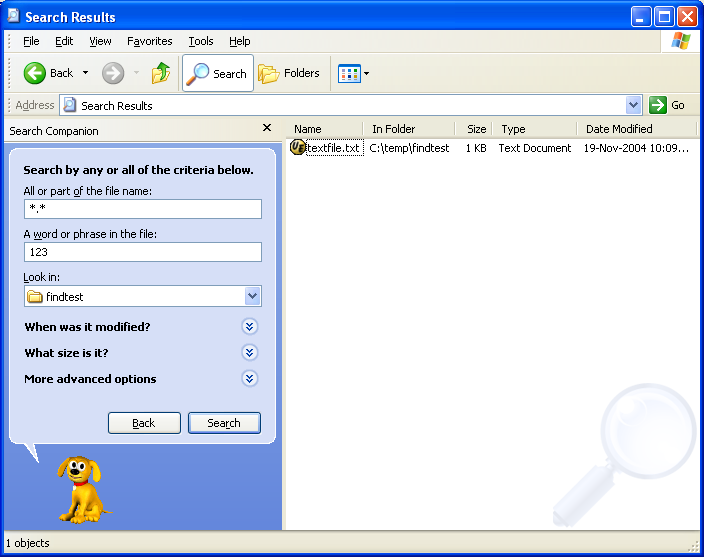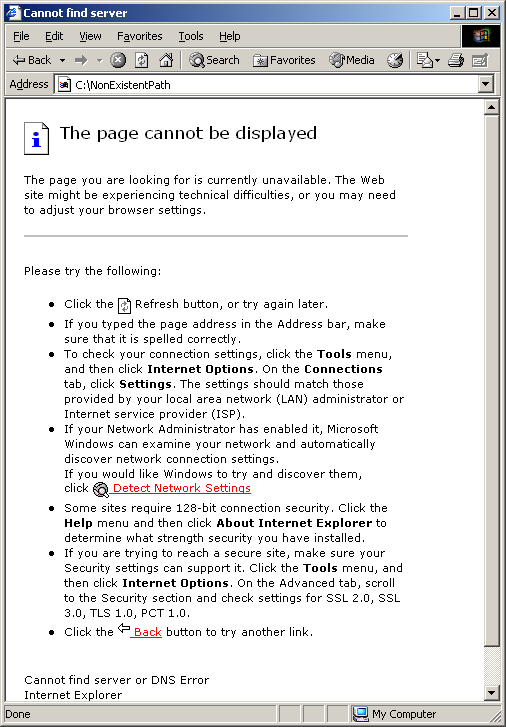One of the things I find annoying is that when my computer’s busy, it stops doing the niceties. So if I want a little reminder of what the date is, I put my mouse over the clock, and… nothing. Dammit. Likewise, while the computer is busy processing something, I go surfing, so I start typing a URL into my browser and hope it autocompletes… and… nothing. I assume some of this stuff only triggers when the CPU isn’t busy, but maybe it needs to be tweaked, if the user is obviously hoping it’ll kick in. If I’m slowly nudging my mouse around over the clock, then dammit, I want to know the date.
On a similar note, how many people double-click the clock when they want to look at a calendar? I certainly do, at least if Outlook isn’t in the foreground. Alas, on locked-down machines (eg servers, which probably don’t even have Outlook), this gives you an error about not having permissions to change the clock. Dude, I don’t want to change the clock, I just want to look at the calendar.
Oh yeah. Servers. Outlook/Office. Unlikely. But they all come with Outlook Express installed by default. It’s a flippin’ server, why would I want Outlook Express on it?! Like I’m going to go sit in the server room freezing my arse off, reading Usenet and sending mail?!

 I know the move from the ol’
I know the move from the ol’ 

